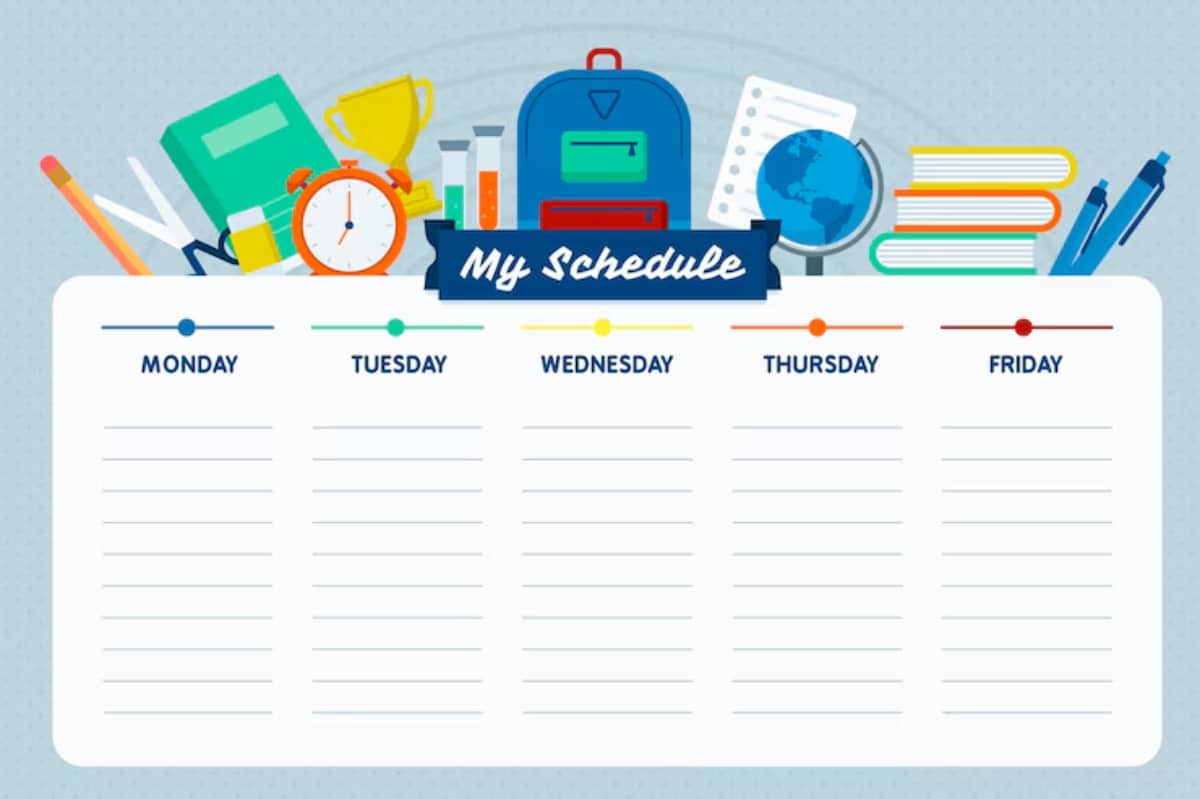
How to Transition from Public School to Homeschooling
Moving your child from public school to homeschooling is no small step. It’s a decision that affects your child’s education and your family’s routine, goals, and mindset. Many families are worried about educational quality, personal learning needs, and flexibility. So, they are thinking about homeschooling as a long-term solution.
If you want to homeschool due to school issues, personal beliefs, or lifestyle choices, this guide will help you start in the UK.

Understanding the Core: What It Means to Homeschool
Homeschooling isn’t about recreating a classroom at home. It’s about designing an education around your child’s pace, interests, and needs.
In the UK, homeschooling (elective home education) is entirely legal. Parents don’t have to follow the National Curriculum. However, they must ensure their child gets a suitable full-time education starting at age 5.
Common motivations for transitioning from public school to homeschool include:
- Special educational needs are not adequately met in schools
- Concerns over bullying or peer pressure
- Religious or cultural reasons
- A desire for flexible learning schedules
Expert Insight: Education Otherwise, a major UK home education charity, reports that the number of homeschooled children grows yearly. This shows that more parents are confident in managing their children’s education.
Pro Tip: Start with your child’s strengths. This will build confidence during the transition and help identify their preferred learning style.

Quick Guide: Transitioning to Homeschool – Checklist
- Notify the school formally in writing
- Understand local authority expectations
- Choose a homeschooling approach (e.g., structured, unschooling, Charlotte Mason)
- Select or build a curriculum
- Set up a learning space at home
- Create a daily/weekly schedule
- Join a local homeschool group or online community
- Track progress and adapt over time
Important Note: Trying to replicate a public school exactly at home. Homeschooling offers flexibility—use it to your advantage.

Step-by-Step Guide: How to Start Homeschooling After Public School
1. Inform the School
You must write a formal letter to the headteacher stating your intention to deregister your child from public school. This is a legal requirement in England and Wales. Once accepted, the school must inform the local authority.
Pro Tip: Keep a copy of your deregistration letter for future reference.
2. Understand the Legal Landscape
Each local authority may have its approach to monitoring home education. While you aren’t legally required to meet with them or follow a specific curriculum, they can request evidence of suitable education.
Important Note: Local authorities cannot force home visits, but maintaining a cooperative tone helps build trust.
3. Choose a Homeschooling Method
There’s no one-size-fits-all method. Explore different educational philosophies:
- Structured learning: Mimics school with set lessons and curriculum
- Unschooling: Child-led learning based on interests
- Charlotte Mason: Emphasises literature, nature, and character development
- Eclectic: Mix of multiple approaches
4. Select or Design a Curriculum
You may choose from ready-made UK homeschooling programmes or create your own. Resources such as Twinkl, Oak National Academy, and BBC Bitesize are commonly used.
Quick Insight: Many UK homeschoolers opt for a blend of traditional and online resources to balance structure with flexibility.
5. Create a Learning Space
A quiet, comfortable area at home can help establish a learning mindset. It doesn’t need to be a replica of a classroom—a dining table with shelves and good lighting works well.
6. Build a Schedule That Works
Start small and remain flexible. Some families follow a 4-day week, others mix mornings with outdoor afternoons.
Example beginner schedule:
- 9:00–10:00: Maths
- 10:15–11:15: English
- 11:30–12:00: Reading/Art
- Afternoon: Field trips, science experiments, or social activities
7. Connect With Other Homeschoolers
Isolation is a common worry. Find local groups through Facebook, Meetup, or HE-specialised forums. These groups often organise field trips, co-op classes, or group sports.
8. Track and Reflect
You don’t need formal assessments. However, keeping a journal, portfolio, or digital progress log can help you and the local authority see your child’s development.
Best Practices & Additional Insights
- Blend learning styles to avoid burnout (e.g., combine videos, books, and hands-on projects).
- Community resources like museums, libraries, and science centres supplement learning.
- Involve your child in planning topics—they’ll be more engaged.
- Review and adjust every few months to see what’s working and what isn’t.
- Celebrate wins, no matter how small—confidence is key in self-directed education.
Frequently Asked Questions (FAQS)
Q: Do I need teaching qualifications to homeschool? No. In the UK, parents are not required to have teaching credentials to homeschool.
Q: Is homeschooling expensive? You can do it on a tight budget with free or cheap resources. However, custom curricula and private tutors might raise the expenses.
Q: Can homeschooled children take GCSES? Yes, but they must register as private candidates through an exam centre. You can choose the exam board that suits your teaching approach.
Q: Will my local authority check on us? You can choose to ignore home visits, even if they ask informally. Written evidence usually suffices.
Q: How will my child socialise? Most homeschooled children have plenty of social opportunities through homeschool meetups, clubs, extracurriculars, and community involvement.
Ready to Make the Leap? Your Homeschool Journey Starts Here
Homeschooling is a challenge and a gift. It lets you create a learning path that suits your child’s needs. This guide shows you how to shift from public school to homeschooling. It covers everything, from formal deregistration to creating a curriculum.
Are you ready to take the first step? Download our free homeschool planning checklist and start your journey today.


